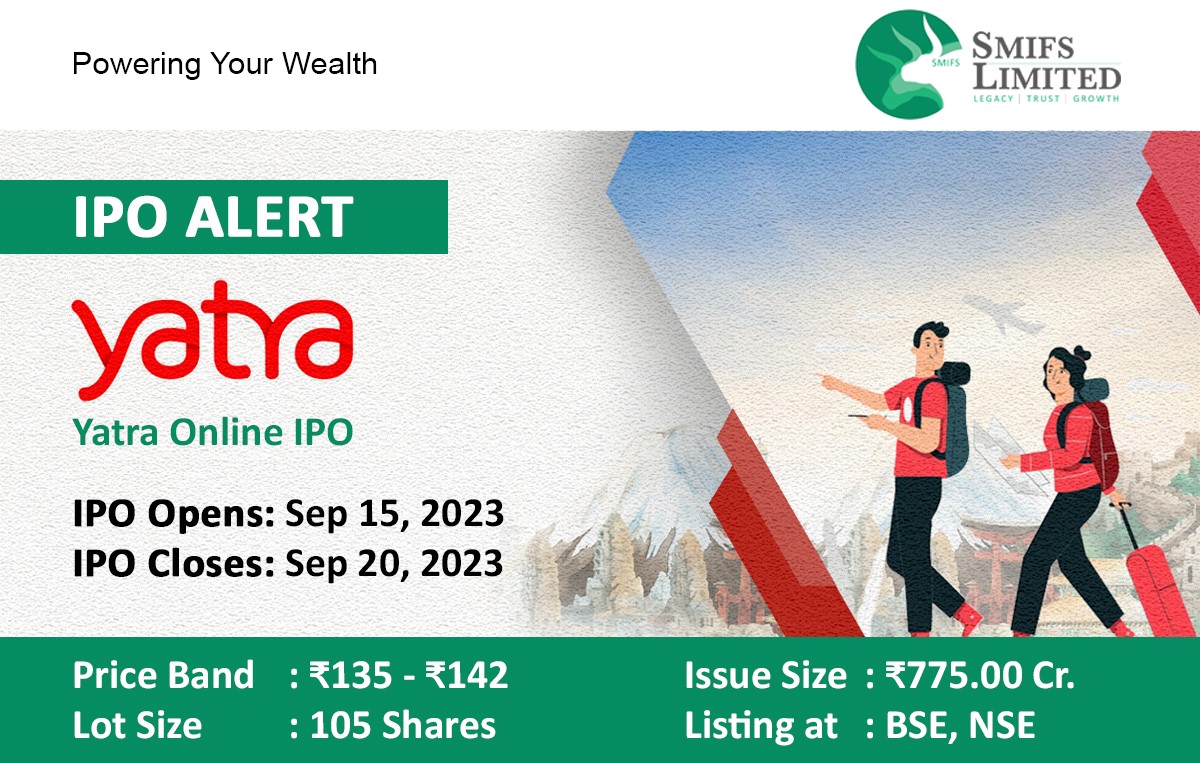Securities markets act as a channel for the distribution of “savings to investments”, thus separating these two pursuits. As a result, both the investors as well as the savers are no longer limited by their capacities but rather by the capability of the economy as a whole. This eventually boosts savings and investment in the economy.
The stock market assists in the movement of resources from the people who have idle resources to those people who need resources for productive purposes.
The group that purchases the financial securities(investors), the group that uses the funds (the sellers of the financial securities, the regulatory bodies (mainly Securities and Exchange Board of India i.e. SEBI) and the market intermediaries are the four major components that comprise an Indian financial market.
What do we mean by primary and secondary markets?
The security market is divided into two parts viz. primary market and secondary market. Both these markets are dependent on each other and are an indispensable part of the security market.
A primary market is used by the issuers to raise funds. The companies come out with an IPO (Initial Public Offering) to raise capital from the investors. Security is first issued in the primary market and later traded in the secondary market. The investors provide liquidity to the issuers through share trading in the secondary market.
What is money market?
Financial assets which act as a substitute for money form the major part of a money market. It is a market for short-term investments and securities with maturities of one year or less. The money market offers investment and short-term debt finance. Government securities also fall under this type of financial market.
The Money Market largely trades in short-term debt securities and investments, such as negotiable certificates of deposit (CDs), banker’s acceptances repos, Treasury Bills (T-bills), business/commercial papers and call/notice of the stock market.
What kinds of products are traded in the Indian securities market?
Depending on the investing needs and style, the Indian securities market offers a wide range of products. Here, we will different products available in the different markets in India
- The below segment enlists the equity market and the products it offers for trading.
- Equity Shares are a type of partial ownership in a business endeavour. The company is owned by all of its equity stockholders. They collectively take on the ownership-related risks as well as enjoy the profits made by the company
- Debentures are a type of long-term debt-raising tool. In India, physical assets are used to secure debt obligations. Debentures can be of 3 kinds, viz. fully convertible, partially convertible and non-convertible debentures. To elaborate, a fully convertible debenture can be changed into ordinary shares of the same corporation, under specific terms and conditions. However, an NCD i.e. a non-convertible debenture cannot be converted into ordinary shares. They act as tools for raising debt that needs to be fully repaid on maturity. Partially convertible shares or PCDs are partially changed to ordinary shares of the same company and partly repaid, under certain conditions. PCDs display properties of both debentures and equity. It is an amalgamation of these two types of products.
- Warrants enable investors to purchase equity shares at a fixed price after a certain amount of time. A warrant gives an investor the right but not an obligation. The investor isn’t obligated to buy shares at a given price and time.
- Mutual Funds are organisations where investors with similar investment goals and preferences put in their money. In accordance with the goals of the fund, a mutual fund gathers money from numerous investors and invests it in securities such as stocks, bonds, short-term money market instruments, other assets, or a mix of these.
- Next, we will take a look at the derivative market and its products.
- A product is considered to be derivative if its value is contractually derived from the value of underlying assets, indices, or reference rates. These assets or indices are known as bases. The asset in question may be a currency, an equity, or a commodity. The Indian stock exchanges allow trading in two categories of derivative securities, namely futures and options.
- Stock Options are of two types viz. calls and puts. Calls provide the buyer with the option, but not the obligation, to purchase a certain amount of the underlying asset on or before a specified future date at a specified price. Puts provide the buyer with the right, but not the obligation, to sell a specific amount of the underlying asset at a specific price on or before a specific date.
- Stock Futures is an agreement between two parties to purchase or sell a particular item at a specific price in the future. Both the buyer as well as the seller are obligated to sell or purchase the asset according to the price mentioned in the contract. Futures contracts are unique subtypes of forward contracts and are offered on specific equities and indices.
- Currency Derivative Markets are a specific type of market where currencies are purchased and sold on regulated exchanges at standardized contracts at a given future date.
- Commodity Derivative markets are a specific type of market where raw materials and main goods are purchased and sold on regulated commodities exchanges at standardised contracts for a given future date. Products like gold, silver and agricultural goods can be easily traded in a commodity derivatives market.
- Trading in interest rate futures is based on a fictitious 10-year coupon-bearing GOI asset. Contrary to other derivative products, which settle in cash, these contracts are paid through the actual delivery of deliverable-grade securities using the electronic book entry systems of the existing depository institutions (viz. NSDL and CDSL), as well as the Public Debt Office of the Reserve Bank.
- Debt market: These are Bond markets, which facilitate the trading of bonds after they are issued. These bonds and as a source of funding. Government securities (GSec) and corporate bonds make up the majority of the debt market in India.
- Government Securities Market: The government has a wide range of responsibilities, including maintaining law and order, justice, national security, central banking, and building physical infrastructure. To do these tasks, the former needs a lot of money. It generates money by taking out loans from banks and other financial institutions. The market for government securities is one of the main places to borrow money. Authorities at the state and federal levels issue government securities. The government issues securities to raise funds for both short and long-term needs. Banks, provident funds, state governments, and insurance companies are the major investors in this market.
- Corporate Bond Market: Corporate bonds are debt instruments issued by businesses to finance operations such as mergers and acquisitions, modernization, expansion, and modernization. The corporate debt market is a place where corporate debt securities are issued and traded. Banks, financial institutions, insurance firms, mutual funds, FIIs, etc. are among the investors in this sector. When issuing bonds or debentures, corporations usually choose between a public offering and a private placement. Treasury Bills, Commercial Papers, and Certificates of Deposit are additional trading instruments in the debt market.





